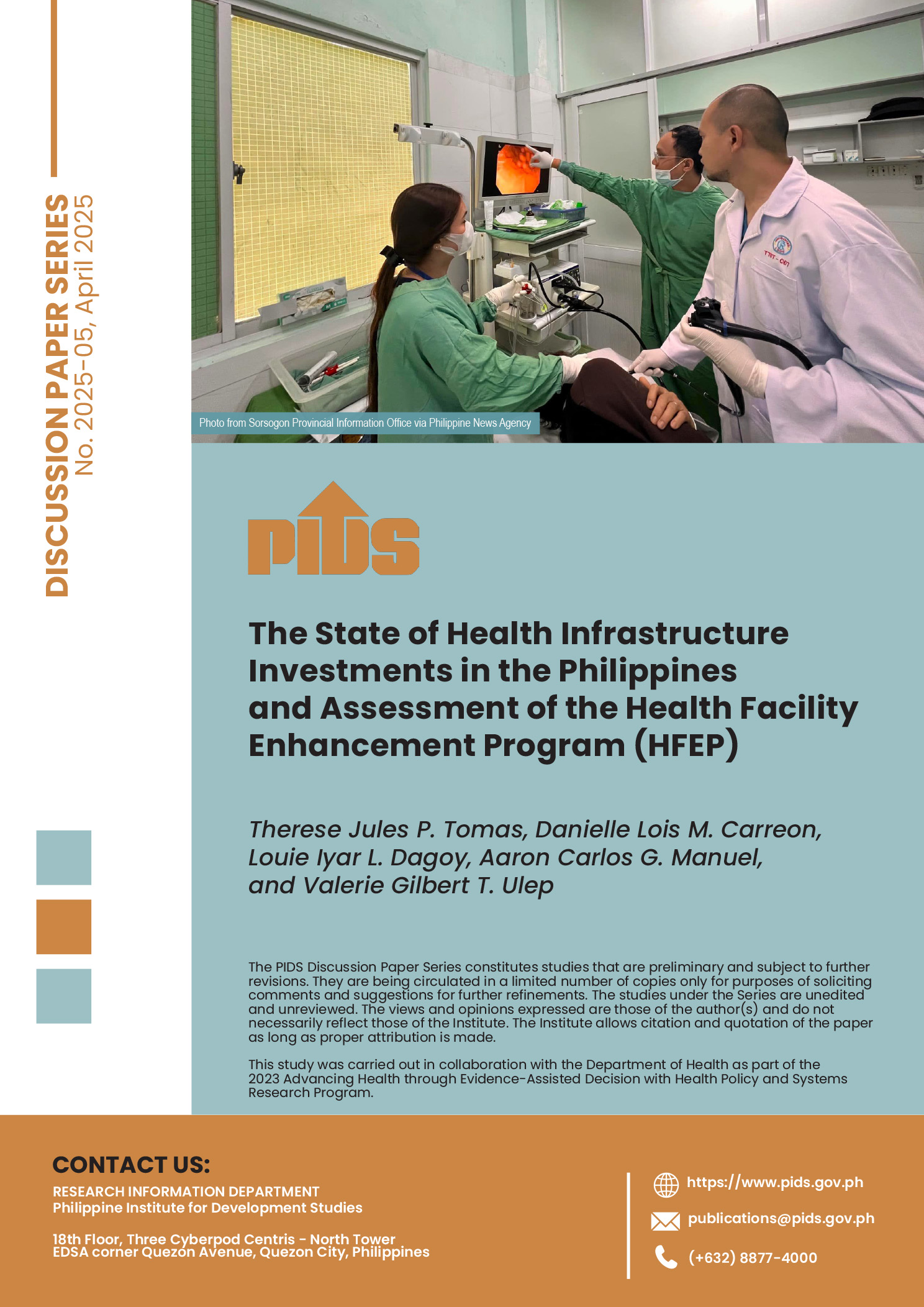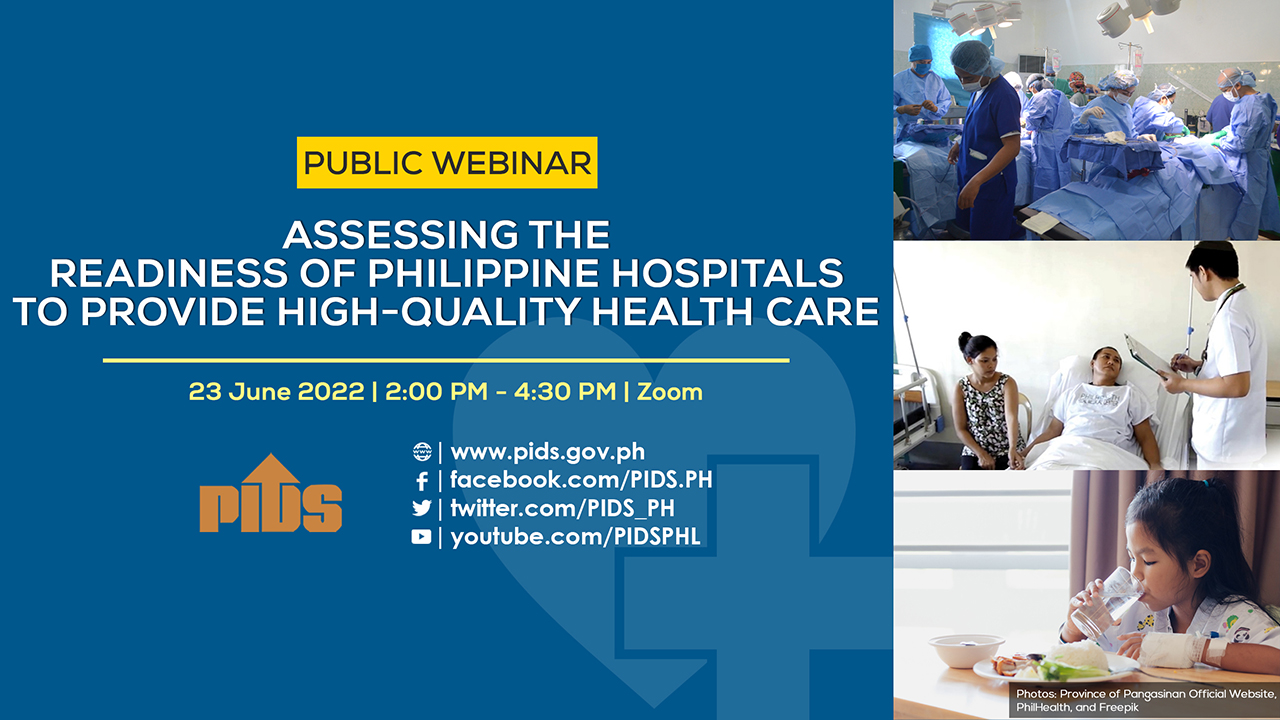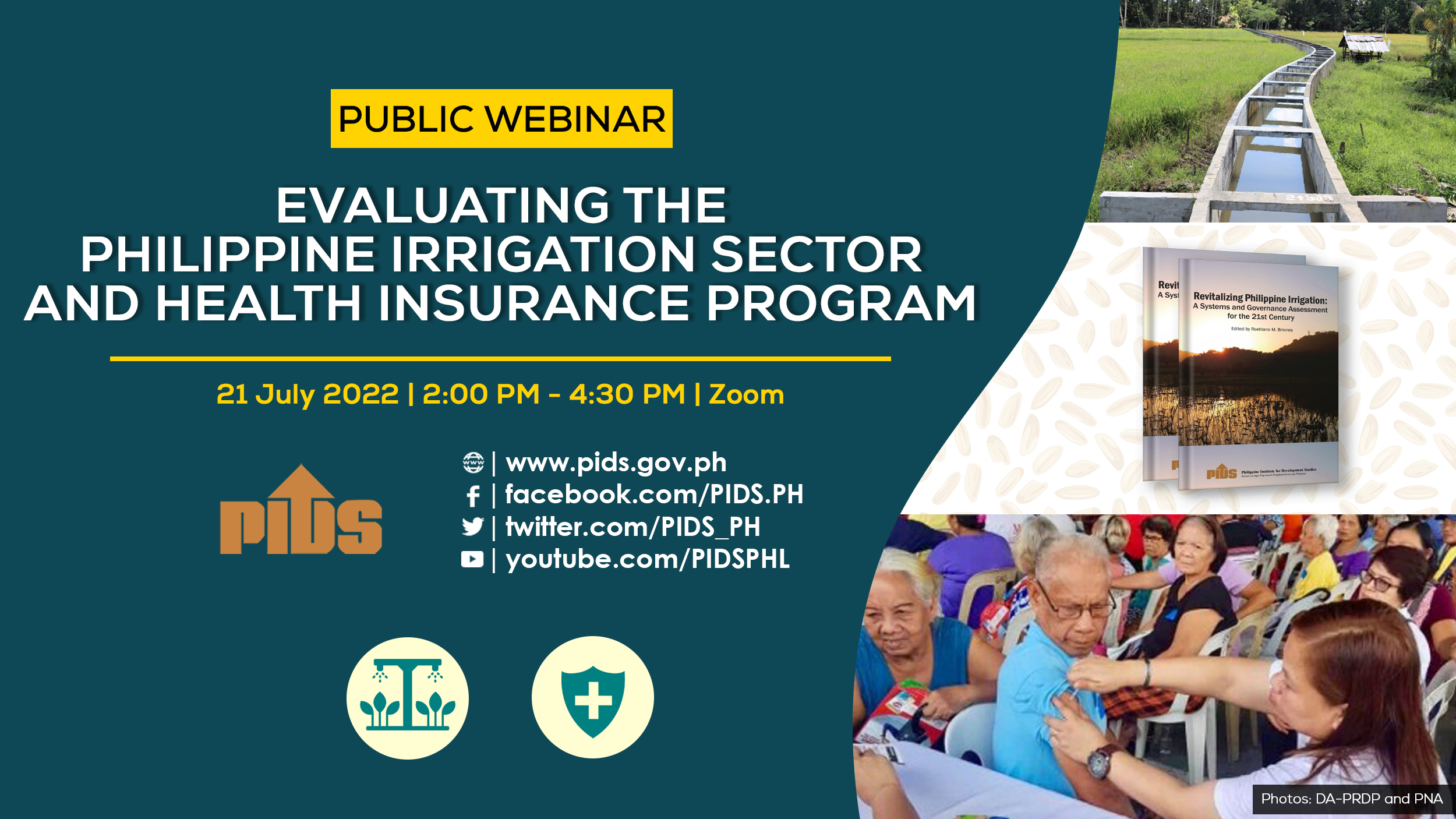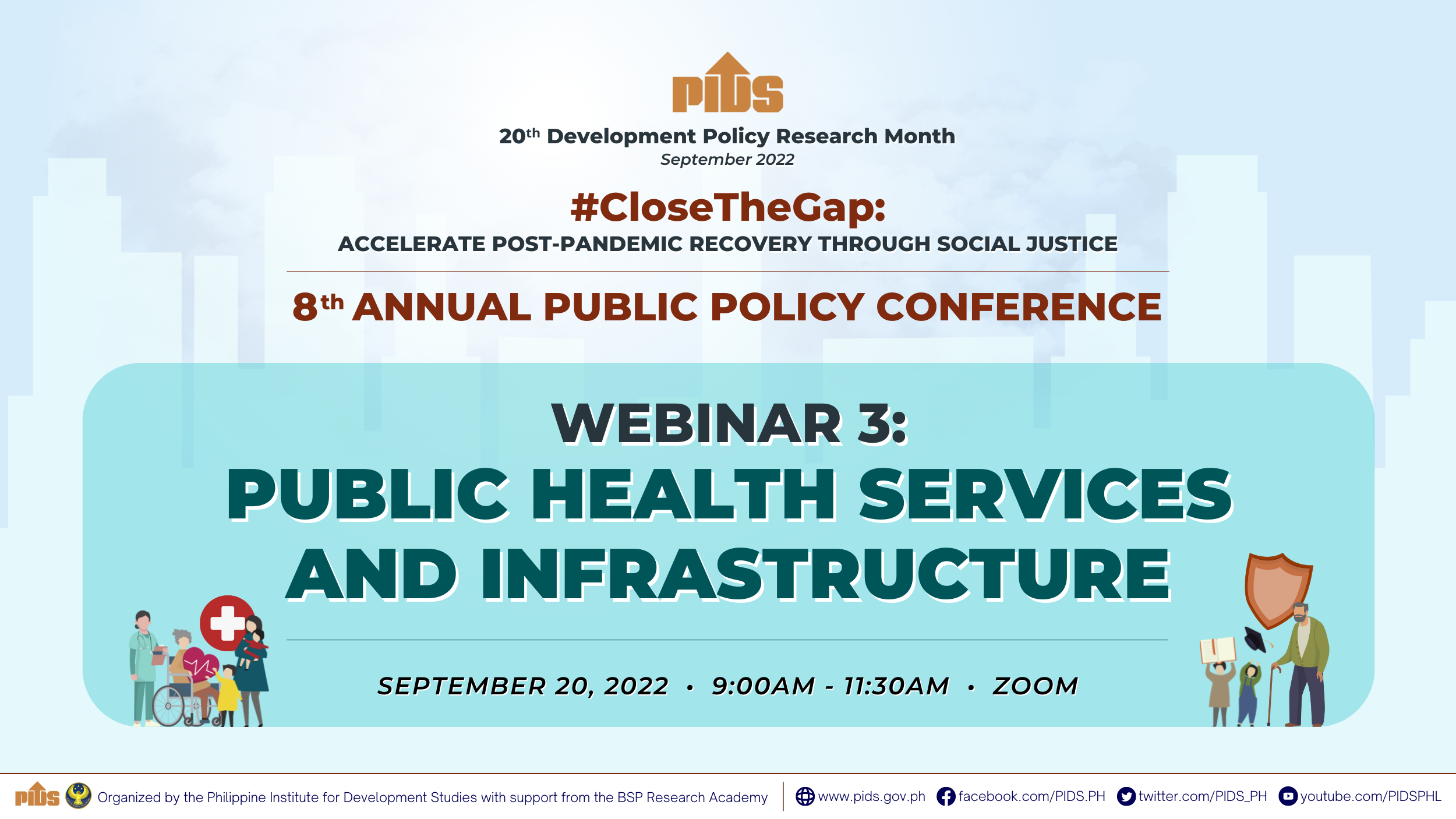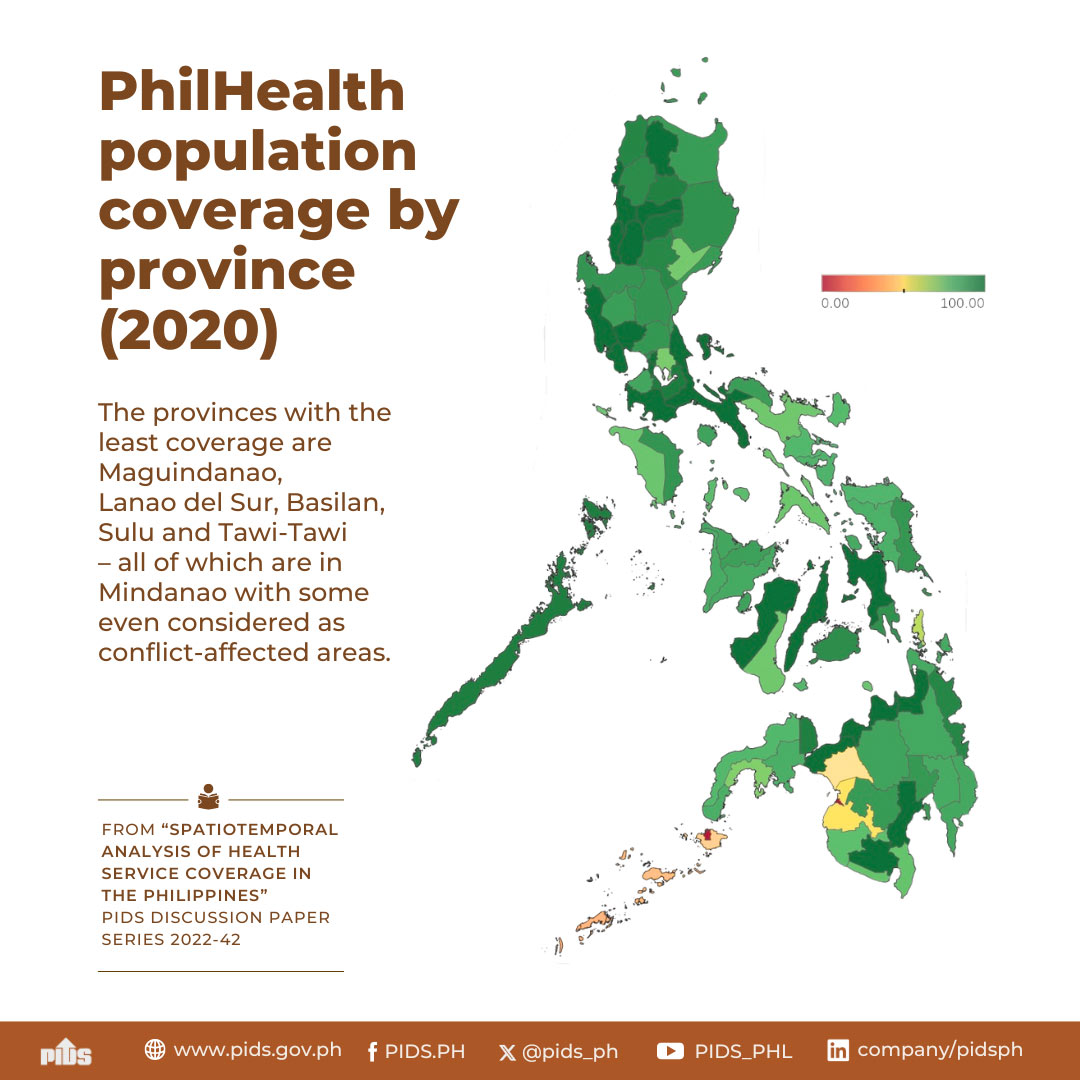
A study released by state think tank Philippine Institute for Development Studies (PIDS) said the Department of Health (DOH) can improve its information dissemination capacity by using e-learning.
Author Ayedee Ace Domingo, a PIDS consultant, recommends to the DOH to explore creating a virtual learning environment for its Resource Center for Health Systems Development (RCHSD), a research site launched in 2009 to serve as a "repository of knowledge products on health system reforms". The site aims to keep the public informed about the country's health system policies and programs.
The advantages of educating people through the internet is well known. But with an e-learning feature, the DOH would be able to reach those who cannot physically access the RCHSD. It can engage a wider audience and eliminate restrictions of geographic distance, time, and lack of resources, limitations to mobility, and other limiting factors.
The type of e-learning Domingo recommends is the asynchronous self-paced approach. Unlike other e-learning approaches, this type does not require administrators once the courseware is developed, and it is less rigid with its syllabus and timeline.
To make it functional, however, the DOH would need to organize a developing group for the programs it intends to offer. The group should consist of a program manager, instructional designer, subject matter expert, programmers, course administrator, online facilitators and tutors, and technical support.
The development of programs has five stages – analysis and identification of goals; design of the course; development of the program’s content, storyboard, and courseware; implementation; and evaluation.
With an e-learning feature on the RCHSD, the DOH would help the public become more informed about the country’s health system policies and programs. This could foster greater understanding and engagement among stakeholders toward a healthier Filipino society. ###
Author Ayedee Ace Domingo, a PIDS consultant, recommends to the DOH to explore creating a virtual learning environment for its Resource Center for Health Systems Development (RCHSD), a research site launched in 2009 to serve as a "repository of knowledge products on health system reforms". The site aims to keep the public informed about the country's health system policies and programs.
The advantages of educating people through the internet is well known. But with an e-learning feature, the DOH would be able to reach those who cannot physically access the RCHSD. It can engage a wider audience and eliminate restrictions of geographic distance, time, and lack of resources, limitations to mobility, and other limiting factors.
The type of e-learning Domingo recommends is the asynchronous self-paced approach. Unlike other e-learning approaches, this type does not require administrators once the courseware is developed, and it is less rigid with its syllabus and timeline.
To make it functional, however, the DOH would need to organize a developing group for the programs it intends to offer. The group should consist of a program manager, instructional designer, subject matter expert, programmers, course administrator, online facilitators and tutors, and technical support.
The development of programs has five stages – analysis and identification of goals; design of the course; development of the program’s content, storyboard, and courseware; implementation; and evaluation.
With an e-learning feature on the RCHSD, the DOH would help the public become more informed about the country’s health system policies and programs. This could foster greater understanding and engagement among stakeholders toward a healthier Filipino society. ###

